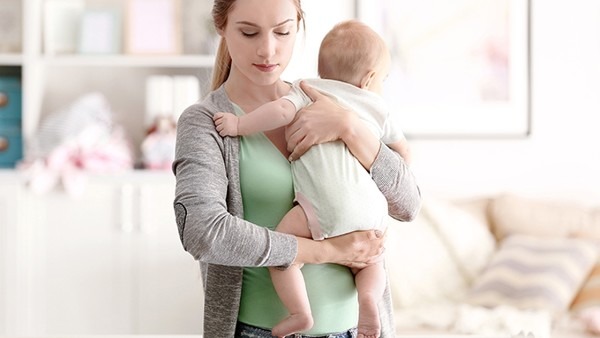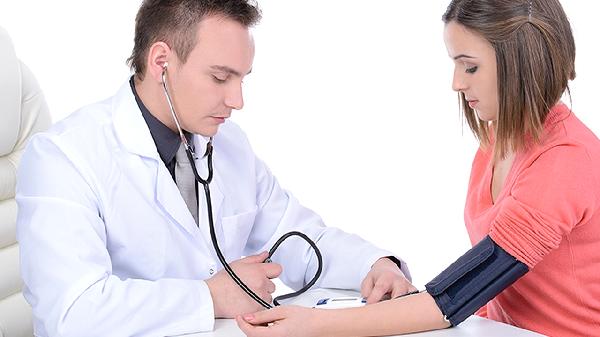After women become pregnant, they are particularly prone to constipation. The process of constipation is undoubtedly painful. If constipation persists, it can also affect fetal development, so it is indeed important to take pregnancy-related constipation seriously.
The reasons for constipation during pregnancy are as follows:
1. During pregnancy, as the uterus continues to enlarge, physical activity gradually decreases, intestinal peristalsis slows down, or excessive consumption of high-protein, high-calorie foods can all lead to constipation.
2. After becoming pregnant, under the influence of changes in endocrine hormones, the placenta secretes a large amount of progesterone, which reduces gastric acid secretion, decreases the muscle tension of the gastrointestinal tract, and weakens the muscle's peristaltic ability.
3. After pregnancy, a woman's physical activity decreases compared to before pregnancy, making it harder for intestinal muscles to push feces outward.
4. The enlarged uterus also puts pressure on the rectum, making it difficult to expel feces; in addition, the muscles of the abdominal wall become weaker, and there is not enough abdominal pressure to push during defecation.
5. Women experience greater psychological stress and emotional fluctuations during pregnancy. If they remain in a poor mental state for a long time, they are also prone to constipation.
The above factors are the main causes of constipation during pregnancy, among which the reduction in physical activity during pregnancy also plays a certain role, but it should not be the main cause. However, it is still necessary to engage in appropriate exercise during pregnancy, but not too vigorously.

In addition, the following measures should be taken to address constipation during pregnancy:
1. Supplement probiotics, which are safe and effective. Commonly used probiotics include Bifidobacterium, Bifidobacterium Triple Viable Capsules, or Zheng Chang Sheng.
2. Avoid overly refined diets, eat more fiber-rich foods and vegetables, and drink more soup.
3. For acute constipation, emergency measures such as glycerin enemas can be taken.
























